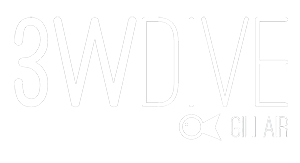As divers, we see corals on every dive. Colorful, abundant, varying in size and type. They help add life to every dive, bringing in all types of fish from tiny Gobys and Pygmy Seahorses, to reef sharks and larger pelagics. But how many of us actually know what corals are?
Corals are the life of the party, but what actually are they?
Coral reefs are large underwater structures composed of the skeletons of colonial marine invertebrates called coral. Each individual coral is referred to as a polyp. Coral polyps live on the calcium carbonate exoskeletons of their ancestors, adding their own exoskeleton to the existing coral structure. As the centuries pass, the coral reef gradually grows, one tiny exoskeleton at a time, until they become massive features of the marine environment. Although they are referred to as “underwater plants,” they are actually live animals! Corals grow best in warm, shallow water where the sun can easily reach them.

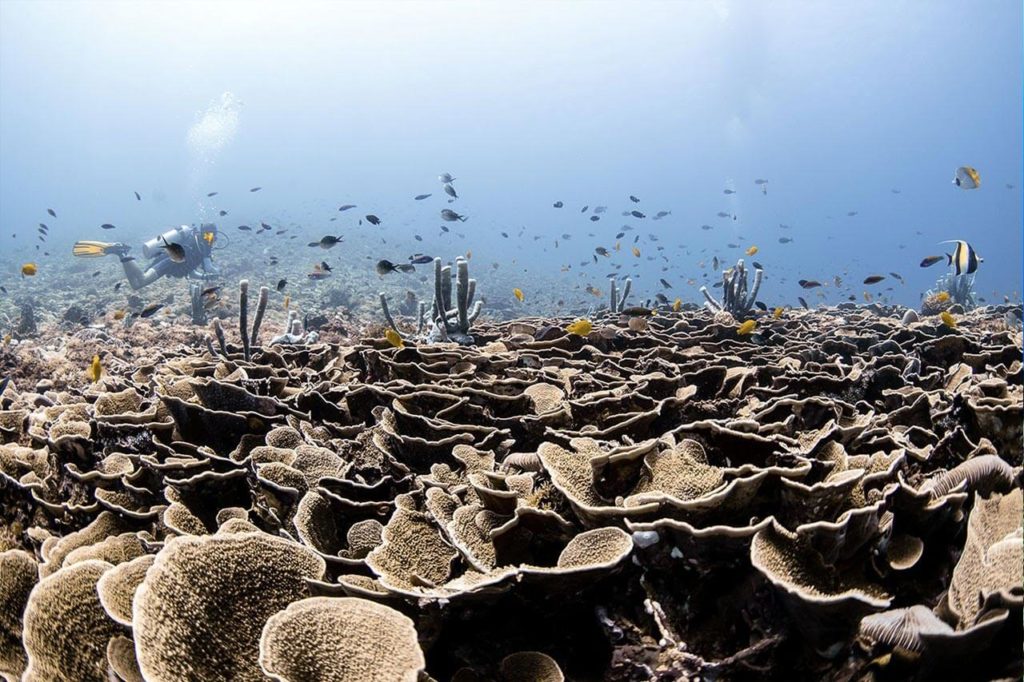
What is the difference between a single coral and a coral reef?
Think about a single house on an island (not hard for us to imagine). Now picture that same island but as a busy, thriving city. With that one, lonely house, you can survive but it takes a lot of effort. Everything that you need is far away. However, in that big thriving city, everyone works together. This is how a coral reef works together, as one big city.
Coral reefs are complex structures of organisms that produce a diversity of habitat types that provide shelter, food and sites for reproduction for other reef organisms. Coral reefs are one of the most diverse ecosystems on the planet. They are home to 25 percent of all marine life though they occupy less than one percent of our oceans.
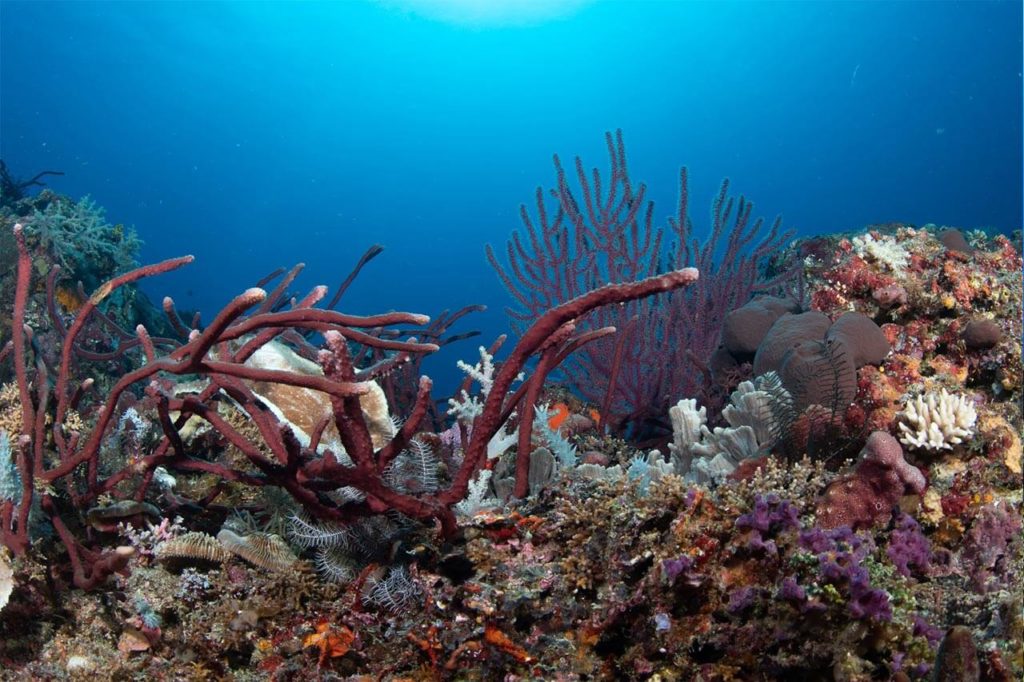
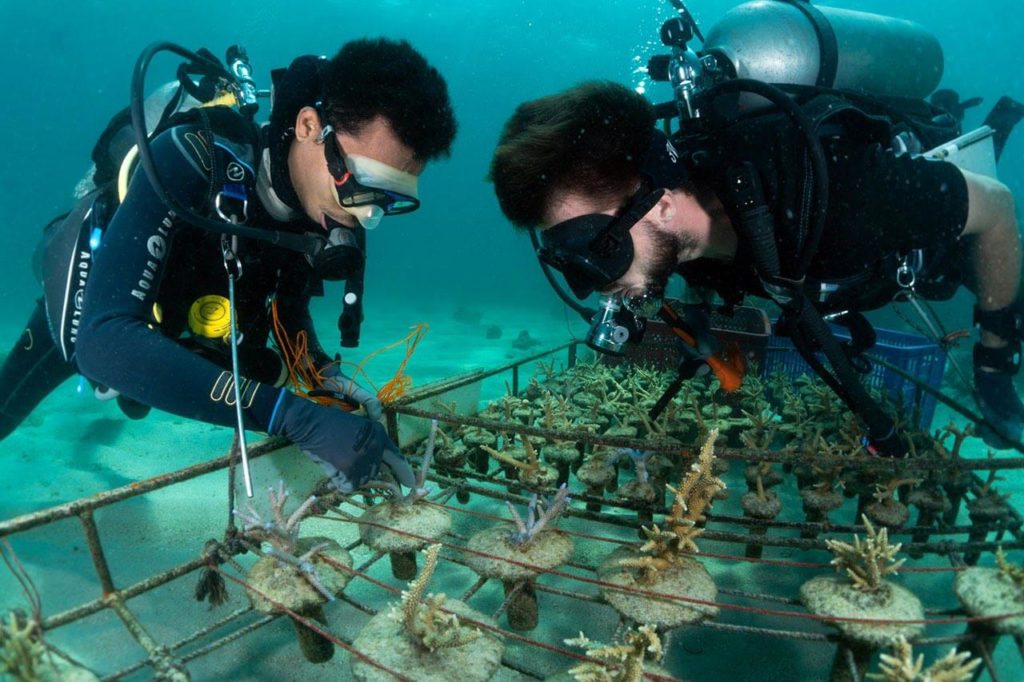
Coral spawning: How Does Coral Regenerate?
Corals can reproduce in many ways: Spawning involves eggs and sperm being released into the water column simultaneously. Brooding occurs when spawned sperm fertilises the eggs within the polyps. The larvae are then released into the water. Larvae ‘swim’ to the ocean surface.
If they are not eaten, they eventually settle to the ocean floor and attach to a hard surface. Once attached, they metamorphose into a coral polyp and begin to grow, dividing in half. As more and more polyps are added, a coral colony develops and eventually begins to reproduce.
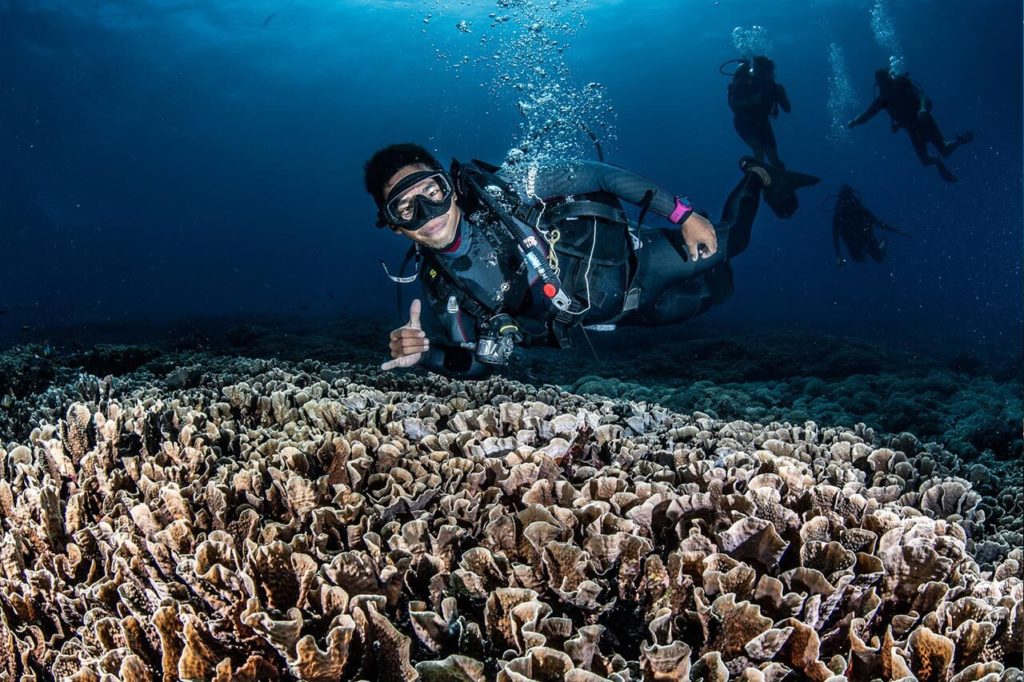
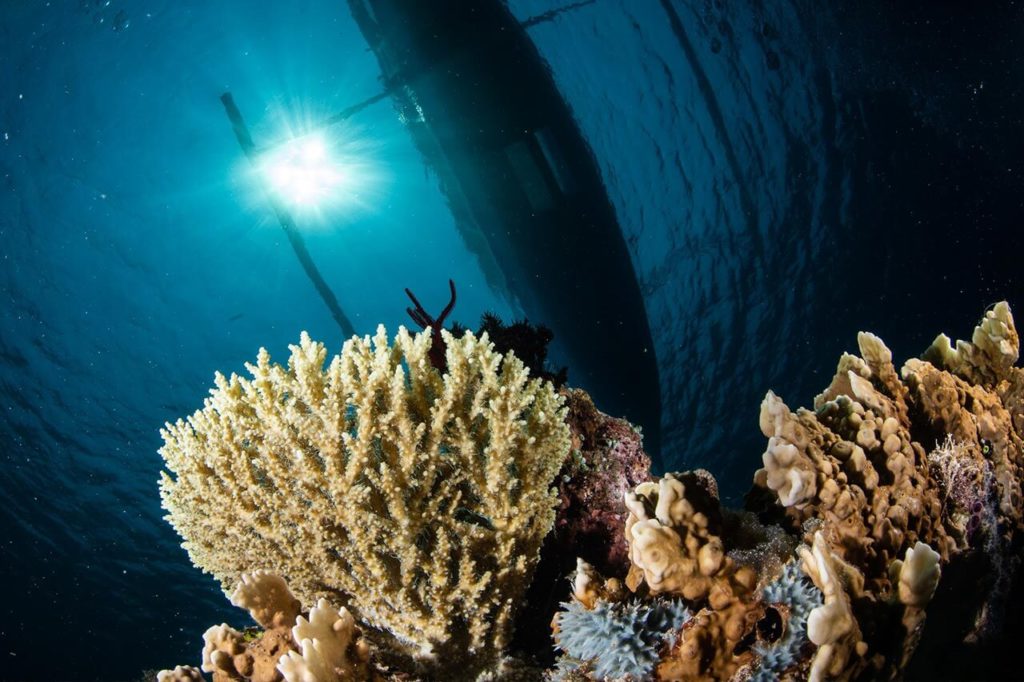
Why is coral reef diversity important?
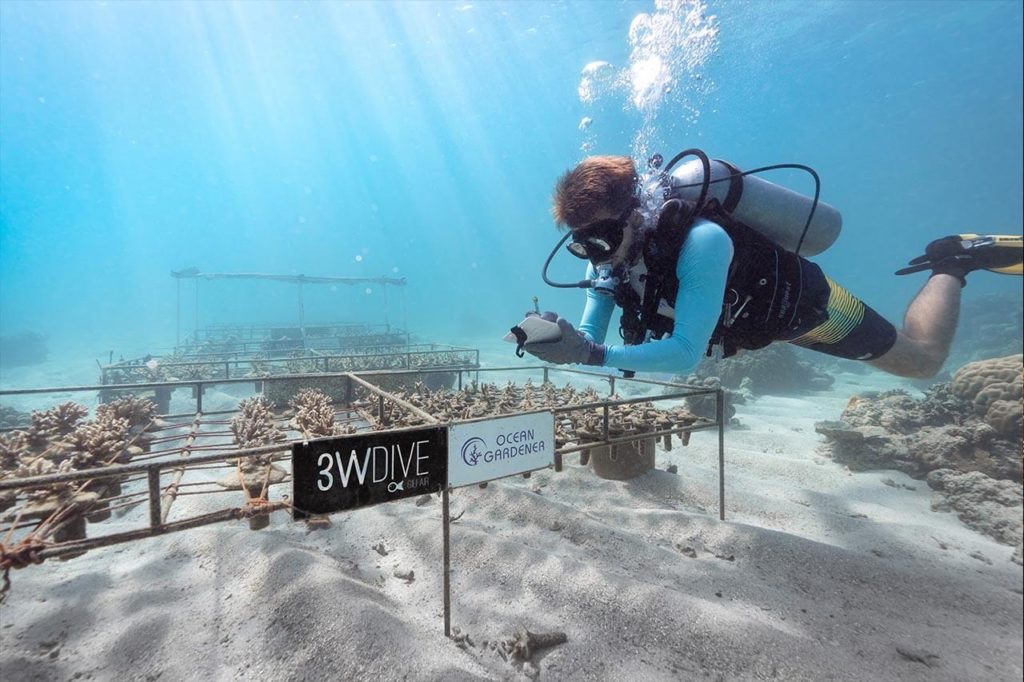
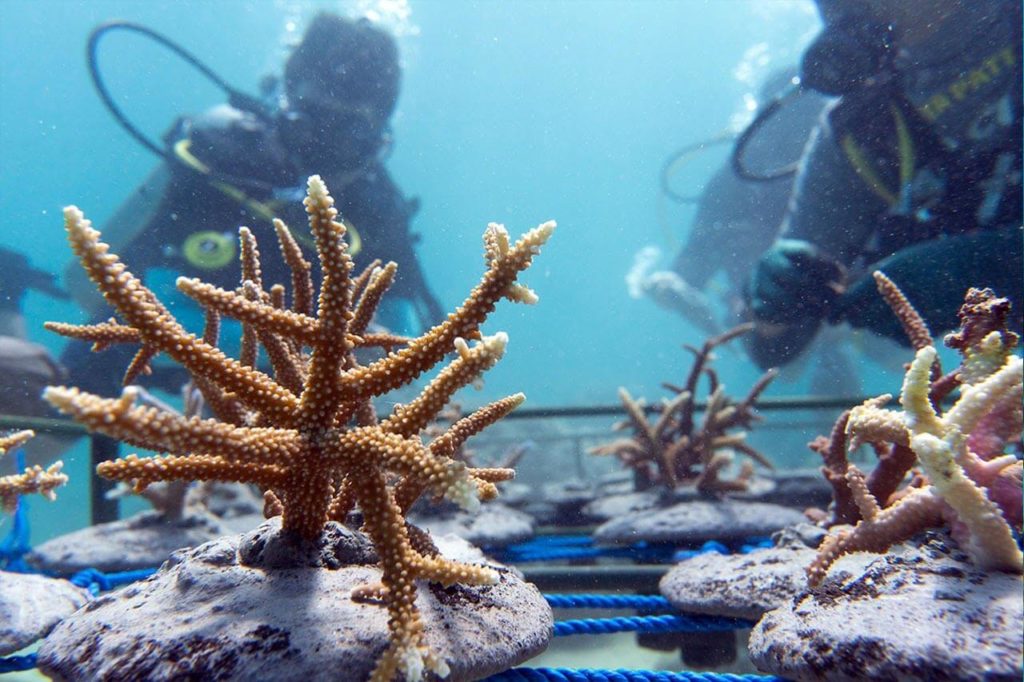
Why are coral reefs in danger?
In the era of climate change, coral reefs are under threat from afflictions such as rising temperatures and ocean acidification. More and more research is showing how important these multi-organism cities are. Not only to the oceans, but also to the planet and humanity.
The importance of coral reef ecosystems to our ocean cannot be overstated. They cover less than 10% of the sea bottom and yet: Coral reefs are a nursery for 25% of all known marine species. They are home to 1/3 of all known fish species. Coral reefs even help to protect us on land! They protect 1/6 of the world’s coastlines from storms, waves, and erosion.
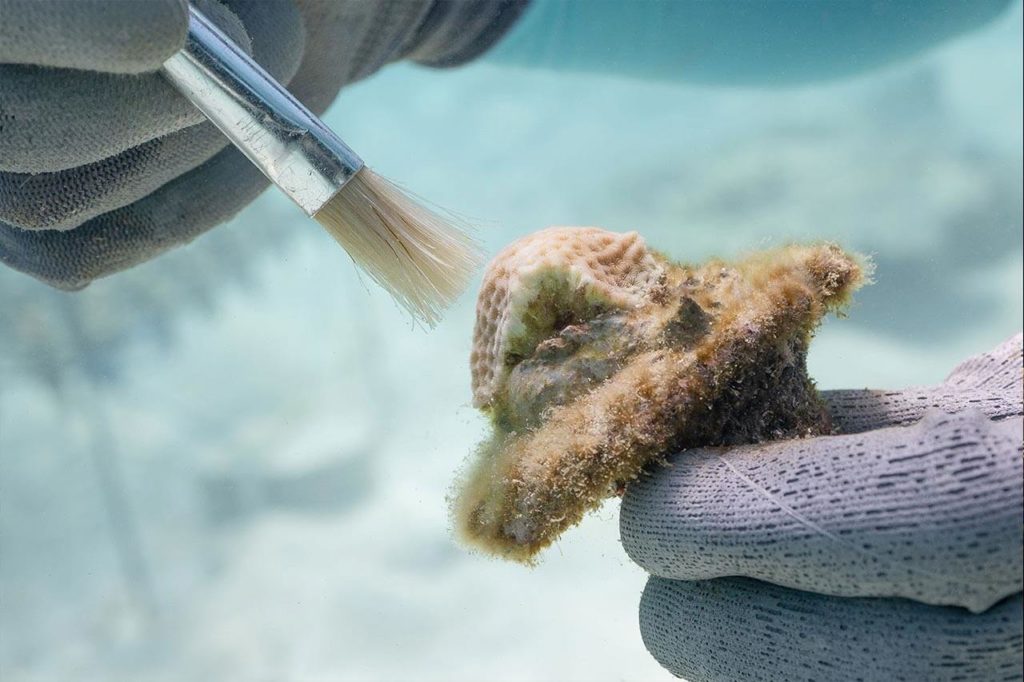
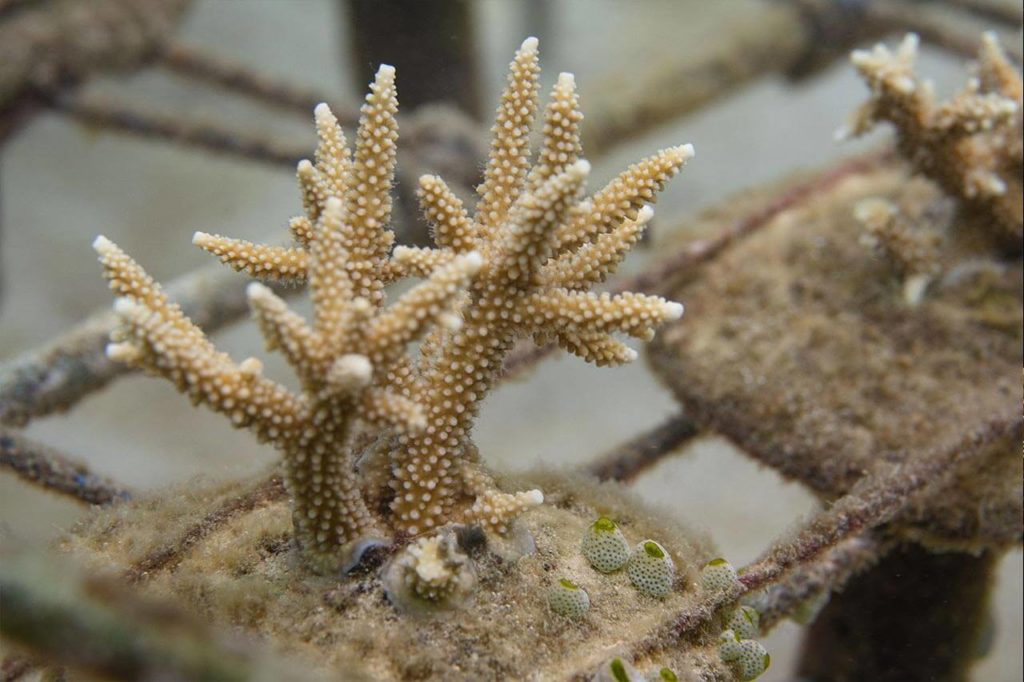
How do we help ensure coral safety?
- Practice safe and responsible scuba diving and snorkeling
- Use reef friendly sun protection
- Recycle and dispose of trash in a sustainable way
- Avoid fertilizers
- Don’t throw an anchor on the reef, use a boat mooring
- Get involved in coral marine biology and coral farming!
